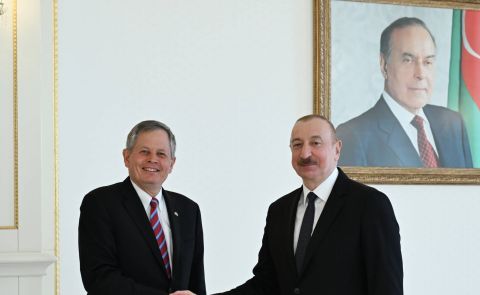
EU Plans Closer Cooperation with Azerbaijan, Georgia, Türkiye, and Other Black Sea States
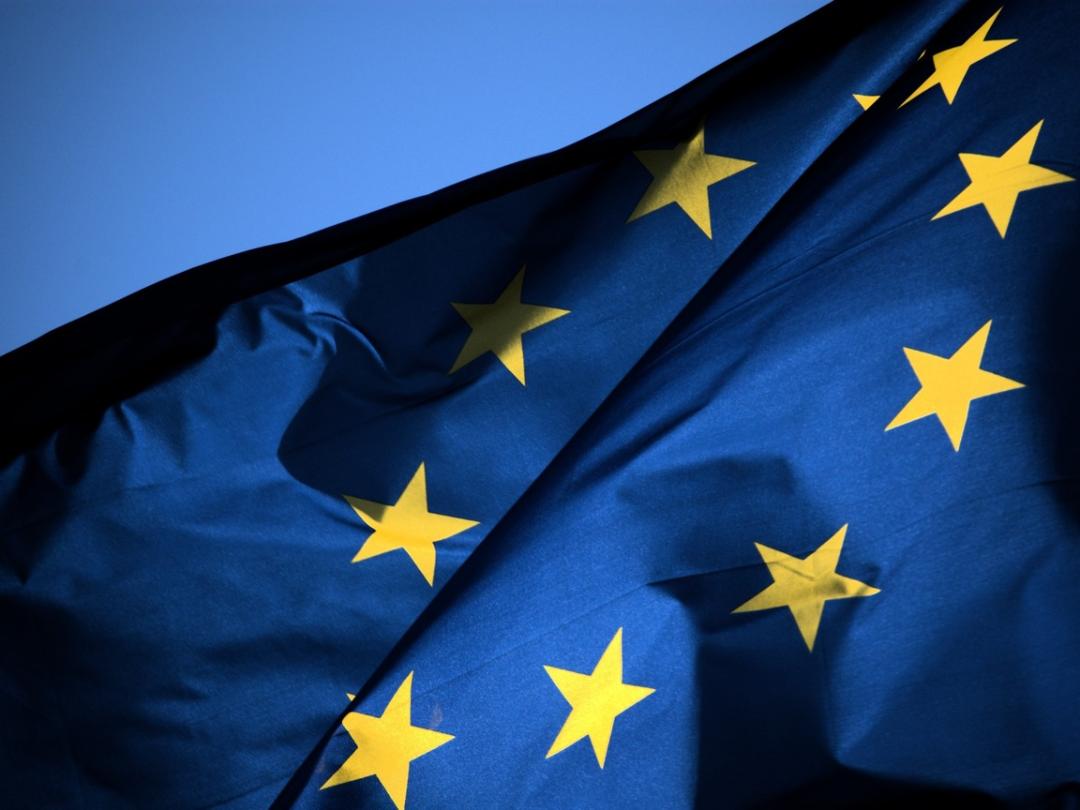
On May 28, Ursula von der Leyen, President of the European Commission, announced a new EU strategy for the Black Sea region in Brussels, outlining plans to strengthen cooperation with regional states, including Azerbaijan, to enhance security, connectivity, and sustainable development.
During the presentation, von der Leyen emphasized the EU’s intention to play an active role in promoting peace and security in the Black Sea region. She highlighted the strategic importance of connecting Europe with the South Caucasus, Central Asia, and beyond, stating, “An active role for the European Union is crucial in advancing security and peace in the Black Sea region. We will work closely with our neighbors to foster security and stability in the region. Together, we can build a stronger and more prosperous future for all.”
The EU committed to forging closer ties with Ukraine, the Republic of Moldova, Georgia, Türkiye, Armenia, and Azerbaijan, and to advancing regional collaboration in areas such as connectivity. The new strategy is organized under three key pillars: enhancing security, stability, and resilience; fostering sustainable growth and prosperity; and promoting environmental protection, climate change adaptation, and civil protection.
Under these pillars, the EU and its regional partners plan to implement three flagship initiatives. The first, the Black Sea Maritime Security project and the establishment of a Black Sea Maritime Security Hub, aims to improve maritime safety, safeguard critical infrastructure, and protect the marine environment. This initiative will also address demining efforts and reduce risks to maritime security and ecological health.
The second initiative, a dedicated Connectivity Agenda aligned with the extended Trans-European Networks, will focus on developing transport, energy, and digital infrastructure, positioning the Black Sea as a key corridor linking Europe with Central Asia via the South Caucasus. This initiative is expected to stimulate economic growth and enhance competitiveness across the region.
The third initiative will focus on strengthening the preparedness of coastal communities and blue economy sectors, enabling Black Sea countries to manage environmental damage caused by conflict, respond to climate risks, and pursue opportunities for sustainable growth.
The European Commission highlighted the strategic importance of the region, stating, “The Black Sea is a pivotal gateway linking Europe, the South Caucasus, Central Asia, and the Mediterranean. Its stability is crucial for international trade, food security, broader geopolitical stability, and energy security.”
To advance cooperation under this strategic framework, the European Commission and the High Representative proposed convening a dedicated EU ministerial meeting with partner countries from the region.
See Also

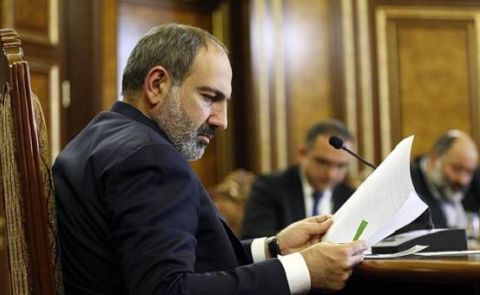
Pashinyan Commemorates First Republic Day, Highlights Progress in Sovereignty and Peace Efforts

Israeli Ambassador to Armenia Acknowledges Challenges but Optimistic About Future Armenian-Israeli Cooperation
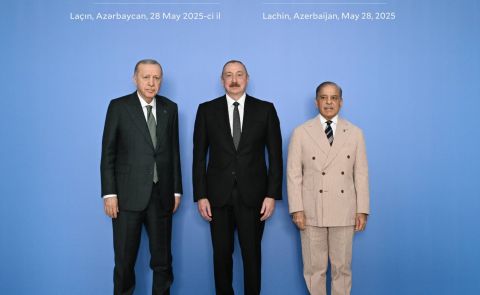
Azerbaijan, Türkiye, and Pakistan Highlight Growing Strategic Cooperation at Lachin Summit
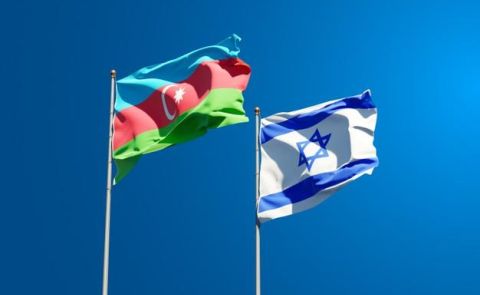
Israeli President Highlights Close Cooperation Between Israel and Azerbaijan

